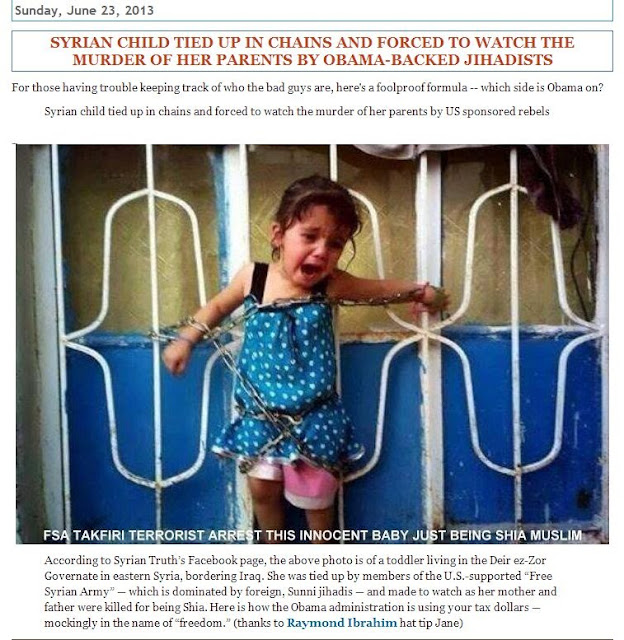Megan Levy
SMH
July 2, 2013 - 2:05PM
Army sets ultimatum
The woman is believed to have undergone surgery for horrific injuries sustained in the attack, as a volunteer vigilante group formed to protect women in Tahrir Square reported a new wave of sexual violence by groups of men targeting women.
Operation Anti-Sexual Harassment said it had recorded 44 cases of sexual assaults and harassment against women on Sunday night alone, the highest number it had encountered since the group was formed in November 2012.
"Among the reported cases tonight are grandmothers; mothers with their children; 7yr olds. Common denominator: all female," @OpAntiSH tweeted.
The group urged women to "please stay away from tahrir until we can [take] control over it".
Dina Zakaria, an Egyptian journalist reporting for the "Egypt 25" news channel, reported that a Dutch journalist in Tahrir Square "was raped by men who dub themselves revolutionists".
"Her condition is severe and she is hospitalised," Zakaria wrote on her Facebook page.
The Dutch Embassy in Cairo issued a statement saying a 22-year-old Dutch woman was attacked in Tahrir Square on Friday night.
"The Netherlands Embassy has assisted the victim, and after receiving emergency treatment in a Cairo hospital she was repatriated to the Netherlands in the company of family," the statement said.
"The victim has cooperated with an investigation started by the Egyptian authorities. In the interest of the privacy of the victim no further information will be given."
A state hospital in Cairo issued a statement saying the journalist was admitted after being raped by five men, according to Ynetnews, the website of the Israeli newspaper Yediot Aharonot.
Talaat Abdallah, Egypt's Prosecutor-General, reportedly sent his staff to the hospital to find out what happened in the attack, YNewsNet reported.
Some reports suggest the woman was an intern with an Egyptian organisation and had gone to Tahrir Square to take photos of the demonstrations.
Jeremy Bowen, the BBC's Middle East editor, tweeted on Monday that another woman had taken shelter in their building from a gang of men trying to sexually assault her.
"Sadly #tahrir revolutionary atmosphere of people behaving well with common purpose long gone. Sexual assault common. no cops In sight," he tweeted.
It follows the sexual assault of other female journalists covering Egypt's protests in recent years, including French television journalist Sonia Dridi and Lara Logan, a correspondent for US network CBS.
Logan was sexually assaulted and beaten in Tahrir Square in 2011, and later said she believed she was going to die.
After being rescued, Logan returned to the US and was treated in a hospital for four days.
"Sexual violence is a way of denying women journalists access to the story in Egypt," Logan told the New York Daily News following her assault.
"It's not accidental. It's by design."
British journalist Natasha Smith of the Fair Observer also reported being sexually assaulted by a mob near Tahrir Square.
Although sexual harassment is not new to Egypt, suspicions abound that many of the recent attacks are organised by opponents of various protests in a bid to drive people away.
Amnesty International said in a report last year that such attacks appeared to be designed to intimidate women and prevent them from fully participating in public life.
The news of the attack came as the Egyptian army issued a 48-hour deadline for the deadly clashes to be resolved.
So far eight people have been killed and hundreds injured in the protests, which coincide with the first anniversary of President Mursi's inauguration.
















